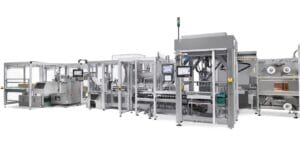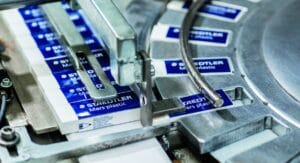
Often overlooked, but essential for fully sustainable packaging: the label. Finnish company, UPM Raflatac, produces sustainable label solutions to help reduce the CO2 footprint of product packaging.
German consumers have become more sensitive when it comes to product packaging. Too much plastic, too many boxes, pointless filling material – all of this is now frowned upon. With this sense of sustainability, however, Germans are far above the global average. In the supermarkets of other European countries, you can still find individually plastic-wrapped bread rolls or apples – now completely unthinkable in this country. The interest in sustainable solutions does not stop at visible plastic packaging. Increasingly, companies are being held accountable by consumers and are expected to demonstrate a positive environmental balance. How climate-friendly are their products and packaging? How big is their CO2 footprint? This also increases the pressure on manufacturers. After all, a product can only be as environmentally friendly as its individual components.
A small but essential component of any packaging is the label. This inconspicuous component is significant when it comes to making packaging as environmentally friendly as possible. This is evident in several key areas: First, labels that are already carbon neutral can improve a product’s environmental footprint. Secondly, labels whose materials are perfectly matched to the rest of the packaging can facilitate recycling. And thirdly, labels made from sustainable raw materials can make a positive contribution.
UPM Raflatac was quick to recognise the need for more sustainable labels and specialises in environmentally friendly labelstock. Today, the company presents sophisticated and third-party certified solutions that have a positive impact on its customers‘ environmental footprint.
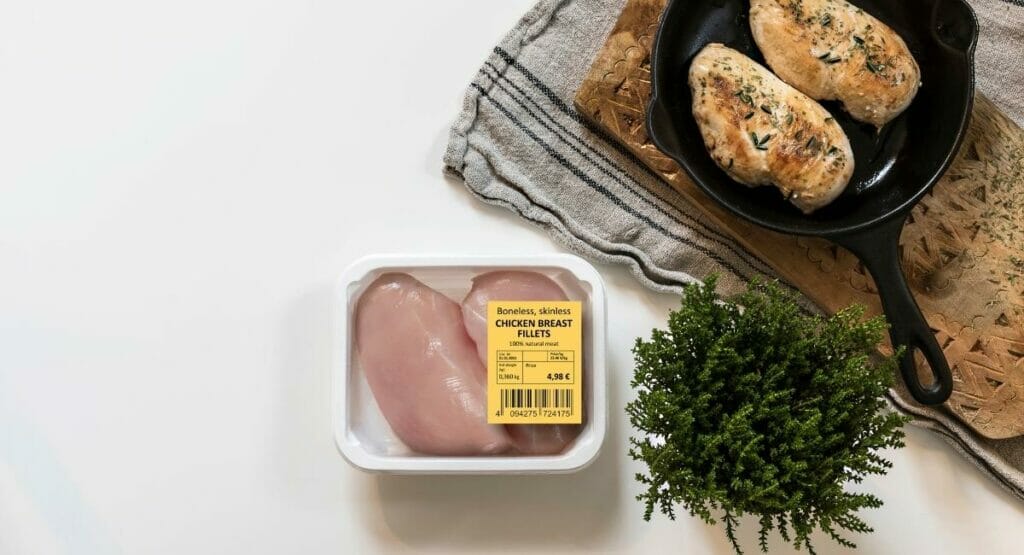
An example of a sustainable label solution: the company’s Linerless range. UPM Raflatac’s entire range of linerless labels has received the Carbon Neutral Product certificate, awarded by Natural Capital Partners. The greenhouse gas emissions of the Linerless products are fully offset by global projects verified according to internationally recognised standards. This means that UPM Raflatac has already taken care to offset its customers‘ unavoidable emissions (cradle-to-customer). Customers can deduct the emissions caused by the linerless labels in their life cycle assessment calculations – an important step towards carbon neutrality of the whole package. In addition, the labels are made with wood from FSC-certified forests. The management of such forests focuses on the conservation, restoration and preservation of ecosystem services, including their role as net removers of CO2 from the atmosphere. This forest certification system is recommended by WWF and many other non-governmental organisations.
Linerless reduces material consumption
The labels offer another significant advantage: their lower material consumption. The sustainability and efficiency benefits of using linerless labels are significant, as material consumption can be reduced by up to 40 per cent compared to traditional liner labelling. Direct thermal (DT) linerless labels thus help customers reduce their packaging waste. The high demand for linerless labels is due to the technology developed and the ability to significantly reduce waste. The DT market for linerless labels has recently seen annual growth of around 15 per cent.
UPM Raflatac’s seriousness about developing innovative and sustainable labelling solutions is also demonstrated by a new product launched in early June: Ocean Action is the world’s first labelstock made from marine plastic waste. This plastic is made from discarded waste of all sizes located no more than 50 kilometres from the coast in communities or areas where there are no or very inefficient waste management systems and which increase the risk of plastic waste entering the sea. And there is already a first customer: Lush. For the manufacturer of cosmetic products and pioneer in ethical as well as sustainable solutions, it was only natural to be one of the first brands to start using labels made of plastic bound in the sea.
UPM Raflatac also sees itself as a leader in action to mitigate climate change: the manufacturer has joined the Climate Pledge, which commits companies to achieving net zero carbon emissions per year by 2040 – a decade ahead of the Paris Agreement’s 2050 target.
More packaging news

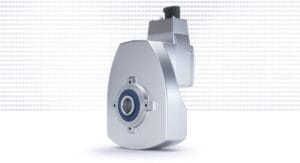
Asynchronous servo solutions for the packaging industry
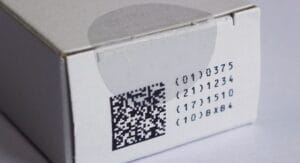
Label Durability
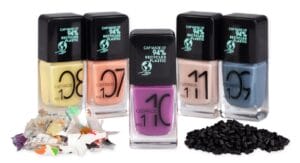
More design for recycling for cosmetics packaging
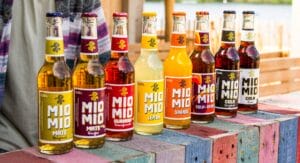
Innovation Barometer 2024
